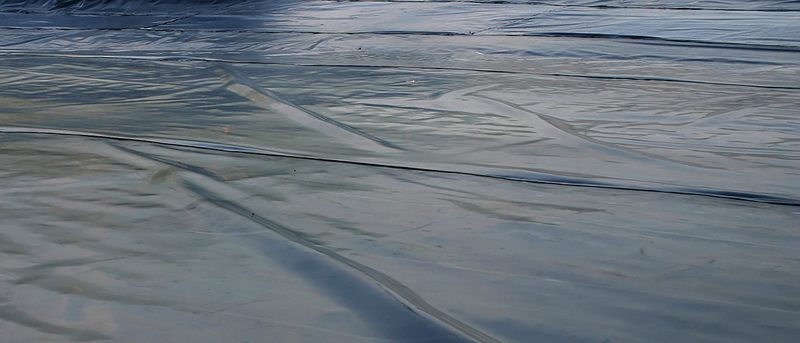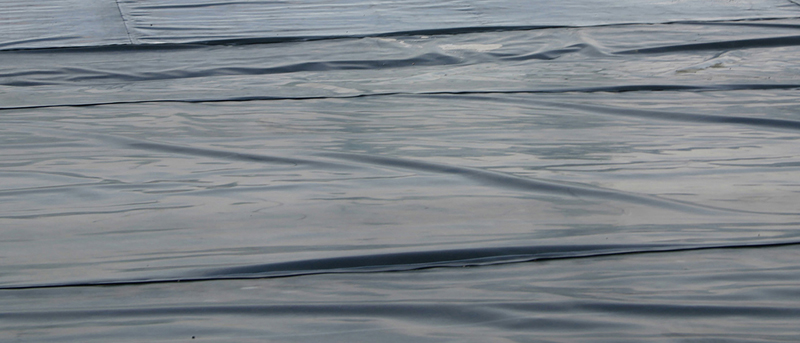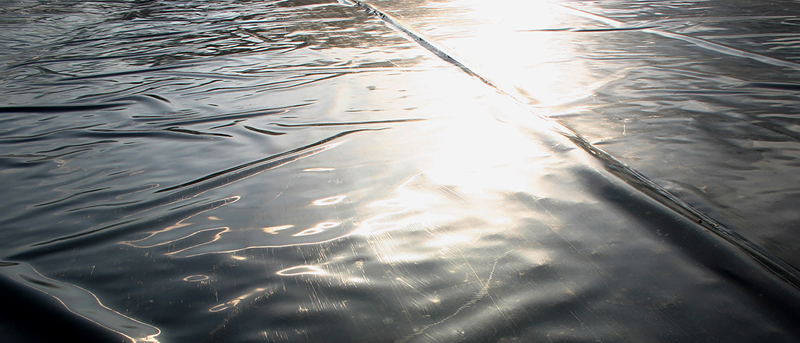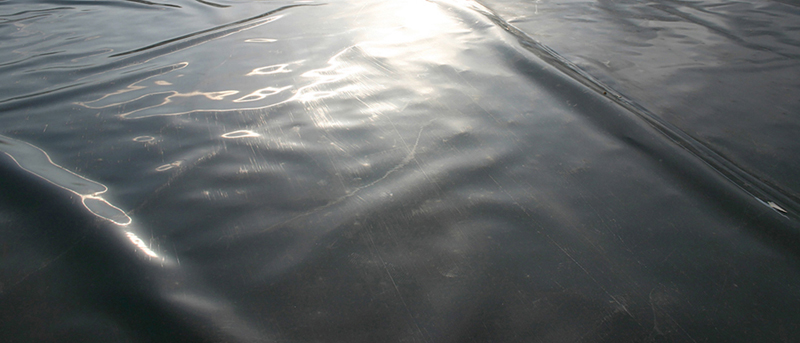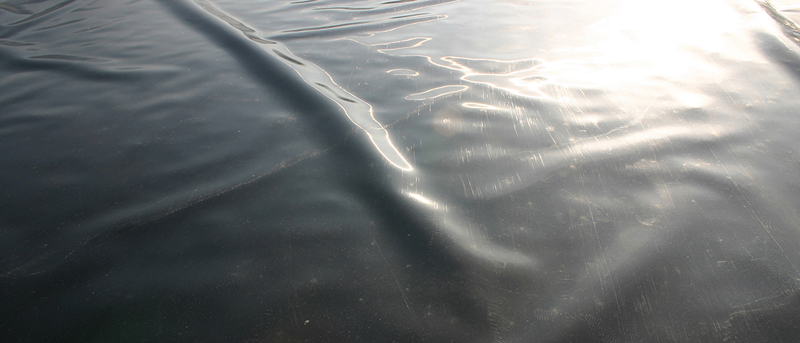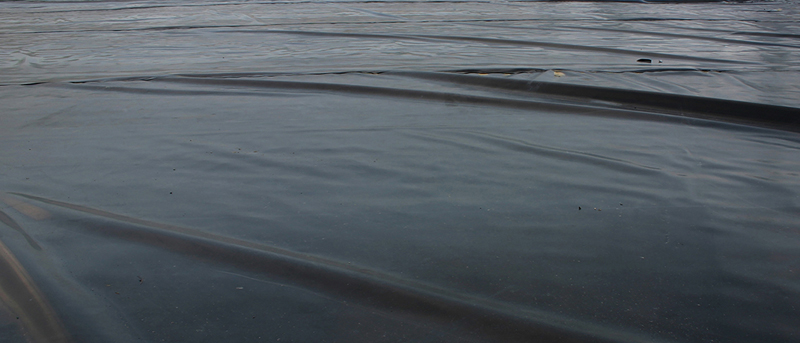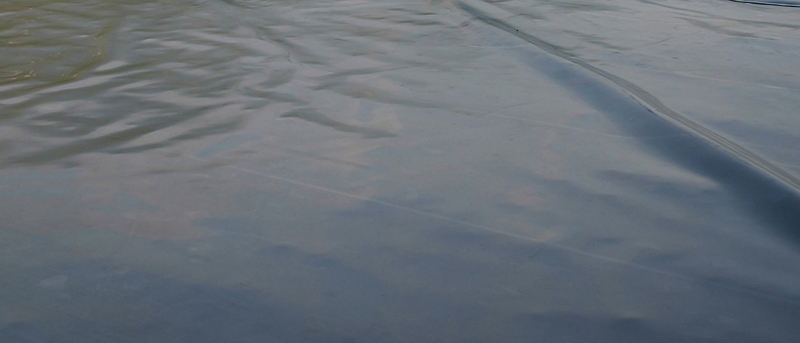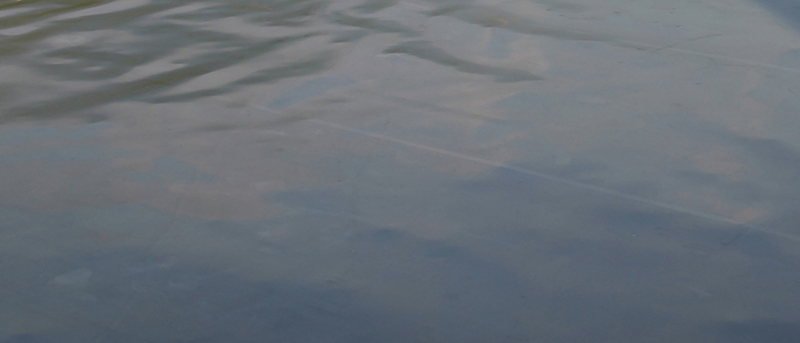Irena Lagator Pejović
works
- Lines, Values, Coexistences
- United Species
- Means that Can Contribute to the Phytoremediation of Polluted Areas
- Saved Books. The Art of Transmitting the Knowledge Without the Need for Subsequent Reparation.
- “I Would Put All Mighty Weaponry Into the Museums That No One Visits”
- Expanses of Love
- “If I Were Ronald Regan”
- Nets, Nodes, Horizons
- Workers University
- My Father’s Salary
- Fiscal Verses. Reprogramming the Machine
- Missing Content
- The Knowledge of the Limited Responsibility Society
- Shared Air
- Blurred Landscapes
- There is Already a Feeling of a Flow
- Symbiotic Collection
- Maximum Profit - Minumum Time
- This is Not a Landscape Any Longer. Tolerance, Transparency, Transition.
- Nature Culture
- Pillars and Horizons
- Where is the Monument?
- Forward Play Reverse
- Life and Institution
- Capital Culture Cuts
- Two Safes. No keys!
- Non LLC l.l.c.
- Plastic Water
- Society and Documents
- Exchange Value
- Work in Public Space
- Institution Nature
- LLC versus Non LLC
- Abbandoned Cinema
- Freedom Security Progress
- Occupying/Liberating Space and Time
- Directions
- Image Images
- Property
- Dissapearance Appearance
- Further than Beyond
- Image Think
- Ecce Mundi
- Camera Imaginata. The Means for Exchanging the Power of the Imagination
- Means for Intensifiying a Sense of Poetic Reconstruction of the World
- The Society of Peaceful Coexistence, Santa Croce sull’Arno
- Installation for Improving the Sense of Responsibility
- Equation Function
- Limited Responsibility Society, Santa Croce sull’Arno
- Resistence Reservoir
- Limited Responsibility Society, Polignano a Mare
- Limited Responsibility Society Automatism
- Experience Economy History
- The Society of Peaceful Coexistence, Belgrade
- Responsitorium Horizon Poems
- Time of Limited Responsibility Society
- Limited Responsibility Society Experiment, Salzburg
- Present Space Expansion
- Cultural Barriers to Growth
- Continuous Limited Responsibility Society
- Knowledge of the Limited Responsibility Society
- Limited Responsibility Society Experiment, Strobl
- Limited Responsibility Society By Night
- Limited Responsibility Society, Cetinje
- Inverse Spaces
- Our Colored Everyday
- Machine Error. Shape a Book
- What We Call Real
- After Memory
- Next
- Is It Still Winter, Outside?
- The Way We Live
- How Small is the Universe
- Living Space
- The Society of Unlimited Responsiblity
- Own Space
- Living Room
- Near Universe
- An Embrace in the Space
- Light in Space
- Please Wait Here
- Wash Inside Out
- What is Missing
- Temporary Dumping Place. Rotations in the Given Space
- Opening of the Book
- Registrar
- May I Help You
- Passerby
- Are You Happy Now
- BBBBeauty
- Tell Why
- Witnes of Time - Now
- Witnes of Time
- It is Made for You
Plastic Water
2017
polyethylene surface covering the construction site
Courtesy of the artist.
Photo: Irena Lagator Pejovic
This work was part of the solo exhibition: For the Common Good, within the framework of “Im Vorbeigehen II/17” at KU with Artist Talk at Kepler Salon, in Linz, Austria
The intervention was realized in connection with research focus on Central and Eastern European art histories and was accompanied by a guest lecture series Global Art History [3] (October 7, 2019–January 20, 2020). https://www.artandeducation.net/announcements/290068/irena-lagator-pejovifor-the-common-good
Curated by Karolina Majewska-Güde
Text: Karolina Majewska-Güde published in Monika leisch-Kiesl, Franziska Heiß Hg, Was Sagt die Kunst? Gegenwartskunst und wissenschaft im dialog, Transkript, 2022, p. 266-274
The photo series Plastic Water shows a seemingly water-like surface with a setting Sun reflection on it. But, what is documented here is the soil, the ground on which we stand. This photographed thick black polyethylene surface covers a huge square construction site of a future temporary garbage dump at the Adriatic coast which is dug in the midst of an old pine tree forest. As the surface is so big, and the plastic so thick, the sky mirrors in it so that the nuances of black color move toward brighter blue grayish tones. While standing on it, one is inevitably seduced with the illusion of standing on a water surface. The reflection of a setting Sun on this plastic surface is made visible here with intention to demonstrate how our perception of reality can be easily manipulated, blurred or navigated under often romantic promises of a “common good” and “development”.
This series acts as an alarm making us aware of the new age and world that is arising with the neoliberal-oriented economies in which we are still allowed to act under limited responsibilities, with new, “experimental” and “temporary” technologies, but as well as with various processes of environmental devastation that are still developing under our lack of consciousness and agency to prevent them, precisely because our globalized soil is rendered unstable. It engages critically with the issues of perception, economy, and insensible consumerists’ logic in a time when human destructive behavior towards the environment, natural resources and the non-human world has reached unprecedented dimensions.
Reflecting on the relationship between the human world and water, according to Astrida Neimanis, allows a new understanding of community. It also generates possibilities of a new language that enables the transformation of an agreement between the human and non-human world. This work explores visual possibilities of speaking about human responsibility in relation to our most valuable natural resources such as water in time of climate tensions, as well as our many still persistent illusions.
